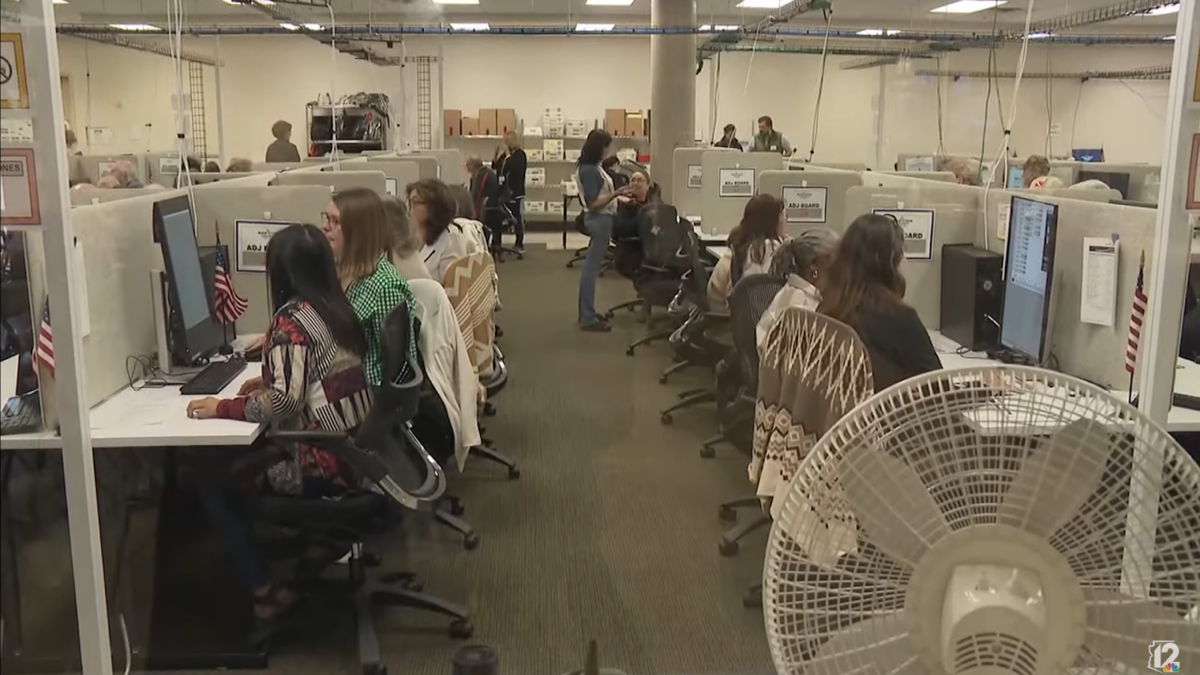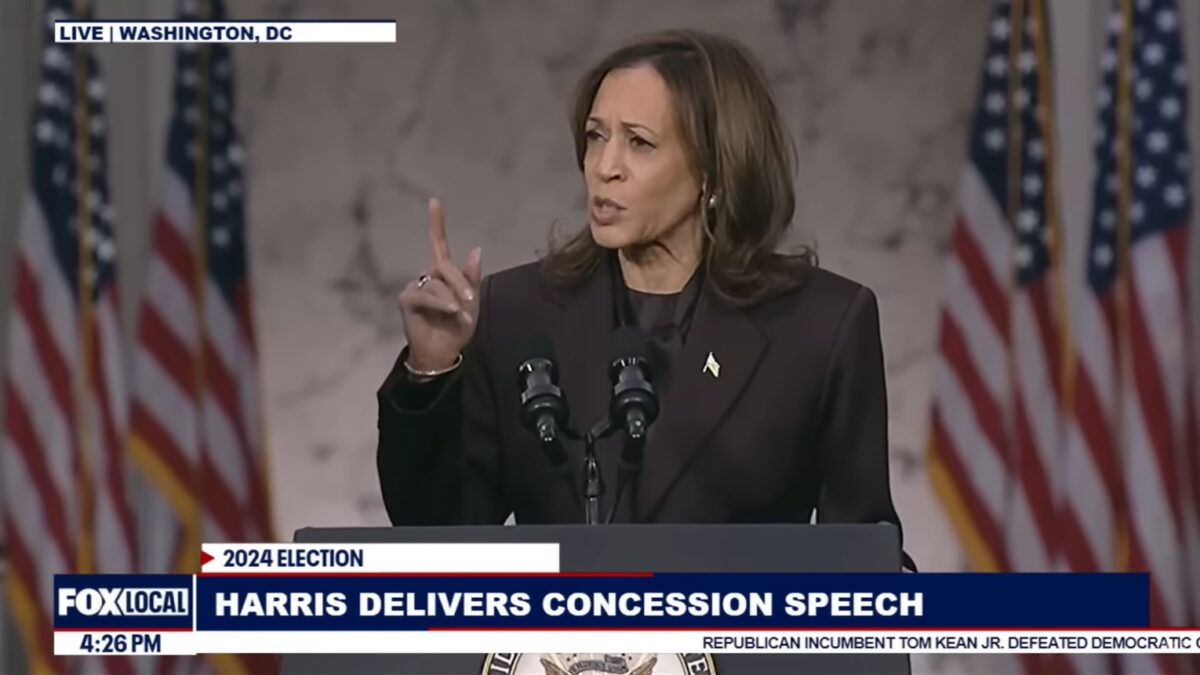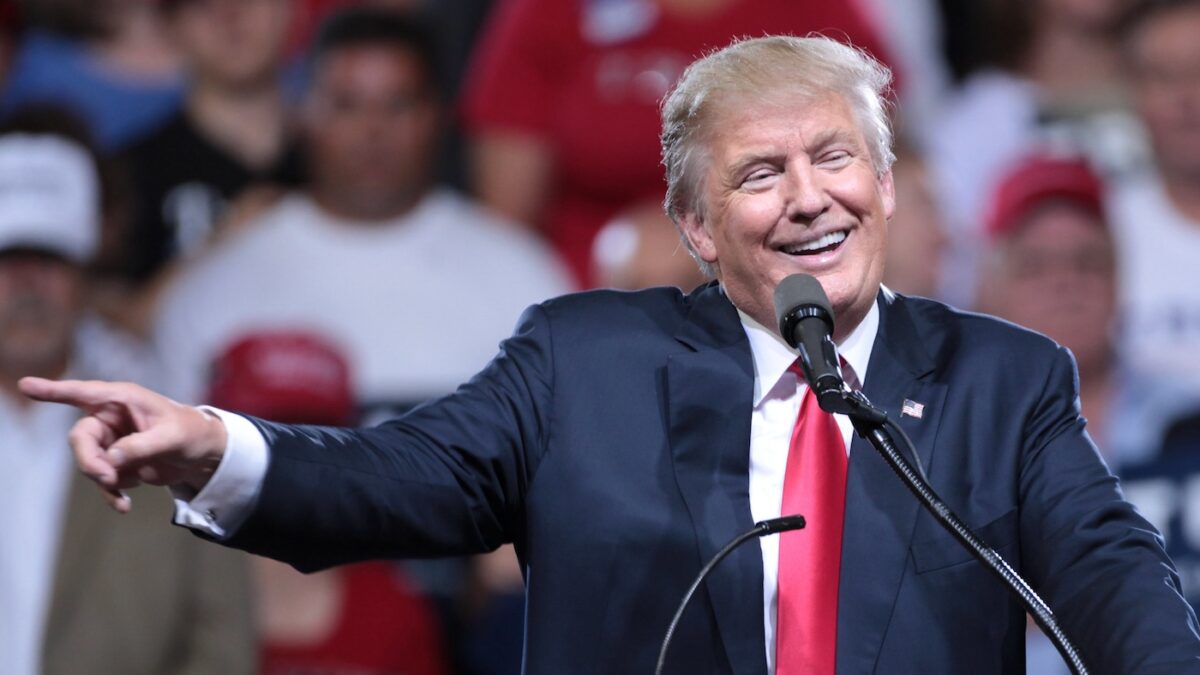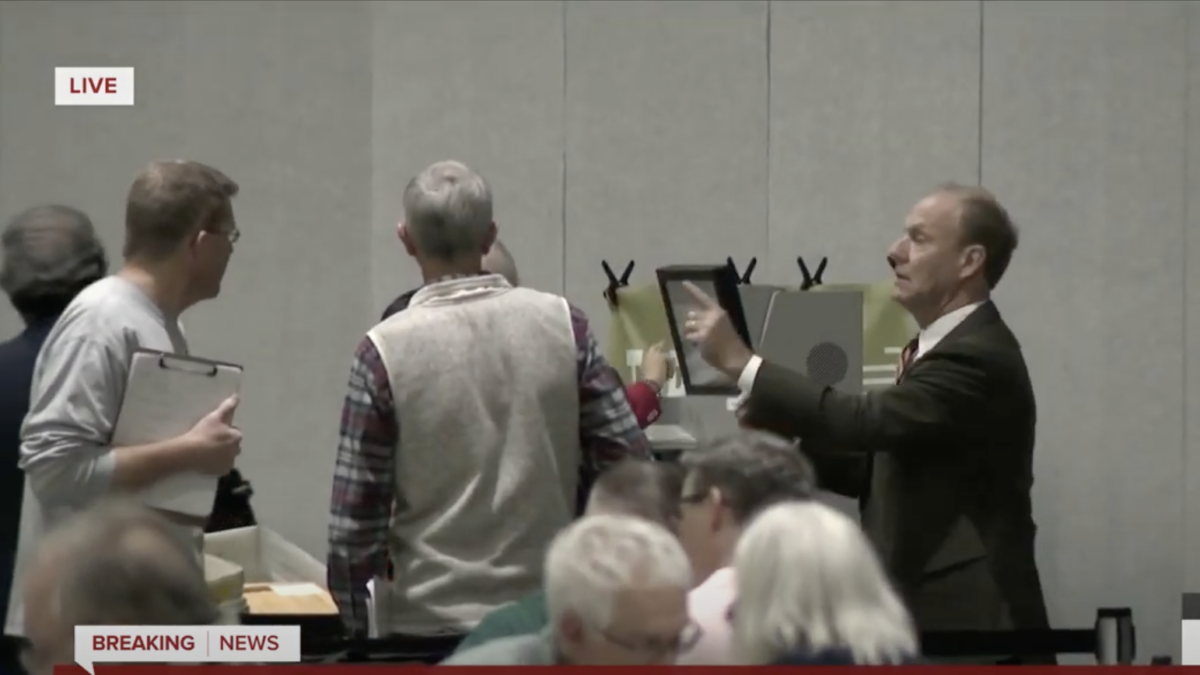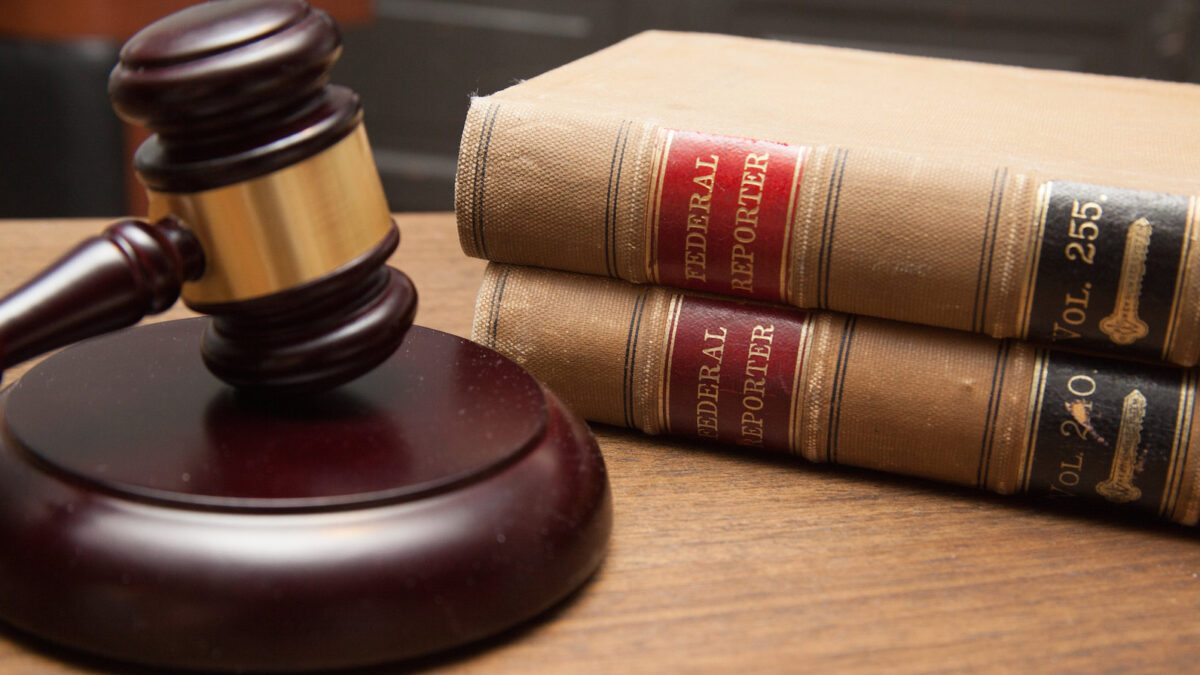
After weeks of election confusion stemming from the Wuhan coronavirus outbreak and several days of intense disagreement over absentee voting, a U.S. Supreme Court decision has ensured the Wisconsin spring election will proceed as usual Tuesday, with polling locations open for in-person voting.
The high court’s last-minute decision is just the latest in Wisconsin’s pandemic- and politics-fueled saga over the spring election, wherein voters will cast their ballots for the presidential primary, a hotly contested state Supreme Court seat between incumbent conservative Justice Daniel Kelly and liberal circuit Judge Jill Karofsky, and other state and local offices.
What’s Happening in Wisconsin?
In a 5-4 decision late Monday, the U.S. Supreme Court ruled that Wisconsin absentee ballots must be postmarked, rather than received by election officials, by Tuesday, April 7, to count in the state’s spring election. This reversed a lower court order issued Thursday, in which a Wisconsin district judge decided absentee ballots could be counted so long as they were received by 4:00 p.m. April 13. The U.S. Supreme Court decision came only hours after the Wisconsin Supreme Court overruled an executive order from Democratic Gov. Tony Evers.
Earlier Monday, less than 24 hours before polls were slated to open, Evers issued the order, attempting to push back Tuesday’s election to June 9. “[N]o Wisconsinite should ever have to choose between exercising their constitutional right to vote and being safe, secure, and healthy,” Evers said.
As of Monday, 2,440 Wisconsinites had tested positive for COVID-19, with 668 hospitalized and 77 dead. Social distancing and stay-at-home orders persist, with nonessential businesses and schools shuttered statewide.
In an effort to avoid virus exposure and crowding at the polls, many voters sought absentee ballots, flooding election officials with 1.2 million requests, up drastically from about 250,000 people who typically request to vote absentee in the spring election. Coronavirus delays due to the overwhelming requests and the bogged-down postal service will result in tens of thousands of voters being denied absentee voting. If they want their votes to count, they will have to head to the polls.
Evers’s order Monday followed a different executive order Friday, in which the governor called upon the state legislature to convene to pass legislation requiring virtually all voting to be conducted through absentee ballots and for all registered Wisconsin voters, even those who did not apply, to receive ballots in the mail. Citing social distancing guidelines, he also sought to waive the requirement for absentee ballots to be singed by a witness, moving the voting deadline to May.
Everything Is Republicans’ Fault
Despite the election-fraud nightmare and partisan circus that would have resulted from Evers’s election intentions, and the very real potential for election swaying or meddling between April 7 and 13 upon release of initial results, the left used the Supreme Court ruling to smear Republicans. Justice Ruth Bader Ginsburg, in her dissent, called the move a “risk that tens of thousands of voters will be disenfranchised.”
Ian Millhiser, writing in Vox, condemned Republicans and the Supreme Court for the decision, saying “nearly a dozen other states have chosen to postpone similar elections.” He’s right about the scheduled delays. For instance, Louisiana on March 13 began taking measures to postpone its primary election, moving it from April 4 to June. On March 16, Kentucky Gov. Andy Beshear moved the state’s election from May 19 to June 23. One day later, Maryland Gov. Larry Hogan signed an order postponing the state’s April 28 primary election to June 2.
So why did Evers, a Democrat, wait until April 3, just days before the polls would open, to call a legislative session to postpone the election? Of course, struggles with absentee ballot requests overwhelming the system, and poll volunteers withdrawing over health concerns surely held the governor and district judge’s feet to the flame.
But with a global health crisis that had been ramping up for months and other states taking early measures to postpone their elections, is it possible the last-minute decisions regarding the Wisconsin election were actually the result of poor leadership and planning rather than of GOP-fueled partisanship within the Supreme Court?
A Wrong Understanding of the Court
But of course partisanship makes for good headlines and riles up the voters, so Milhiser in Vox offers one of the most alarming partisan takes to emerge from the debacle. Linking on Twitter to his article, Milhiser touted the court’s “horrifying” decision as “the best argument I’ve seen to date that Democrats may need to pack the Supreme Court in order to save U.S. democracy.”
https://twitter.com/imillhiser/status/1247329559051190277
Milhiser’s deeply flawed understanding of the court and subsequent call for packing it speaks to a more acute threat to democracy. In assessing the U.S. Supreme Court’s Monday decision, he writes, “All five of the Court’s Republicans voted for the Republican Party’s position. All four of the Court’s Democrats voted for the Democratic Party’s position.” He continues later, “The Supreme Court’s Republican majority granted the GOP this very specific request.”
Notwithstanding rare explicit and inappropriate partisan vocalism, such as Ginsburg’s regrettable comments criticizing President Trump, the high court is not made up of Democrats and Republicans, as Millhiser claims. Rather, it comprises nine individuals of varying judicial and constitutional philosophy, leading to their leaning more conservative or more liberal. However, as Ilya Shapiro notes, “[I]f lockstep voting and a results-driven court concern us, it isn’t the conservatives we should be worried about.” Liberal justices vote together at much higher rates than conservatives on the bench.
The question of the Wisconsin election is not one of partisan favoritism anyway; if voters are “disenfranchised,” they will assuredly be both Republicans and Democrats. The decision was rather about election integrity and process, including righting a different last-minute decision by a lower court. A debate about partisanship in this case must begin long before the Monday-night SCOTUS decision if it’s to be an honest one.
While much of this saga could have been avoided absent obvious blunders in the Dairy State, this coronavirus-prompted mess certainly could have serious implications not only for other state primaries and even the upcoming Democratic National Convention, but even for the general election this fall. If we can learn anything from Wisconsin about coronavirus and election panics, maybe it’s that it’s time to start thinking about November.



